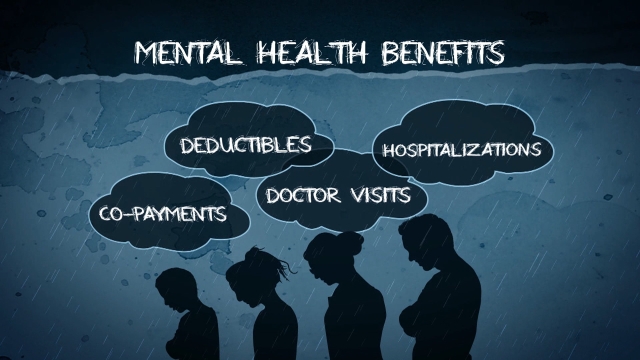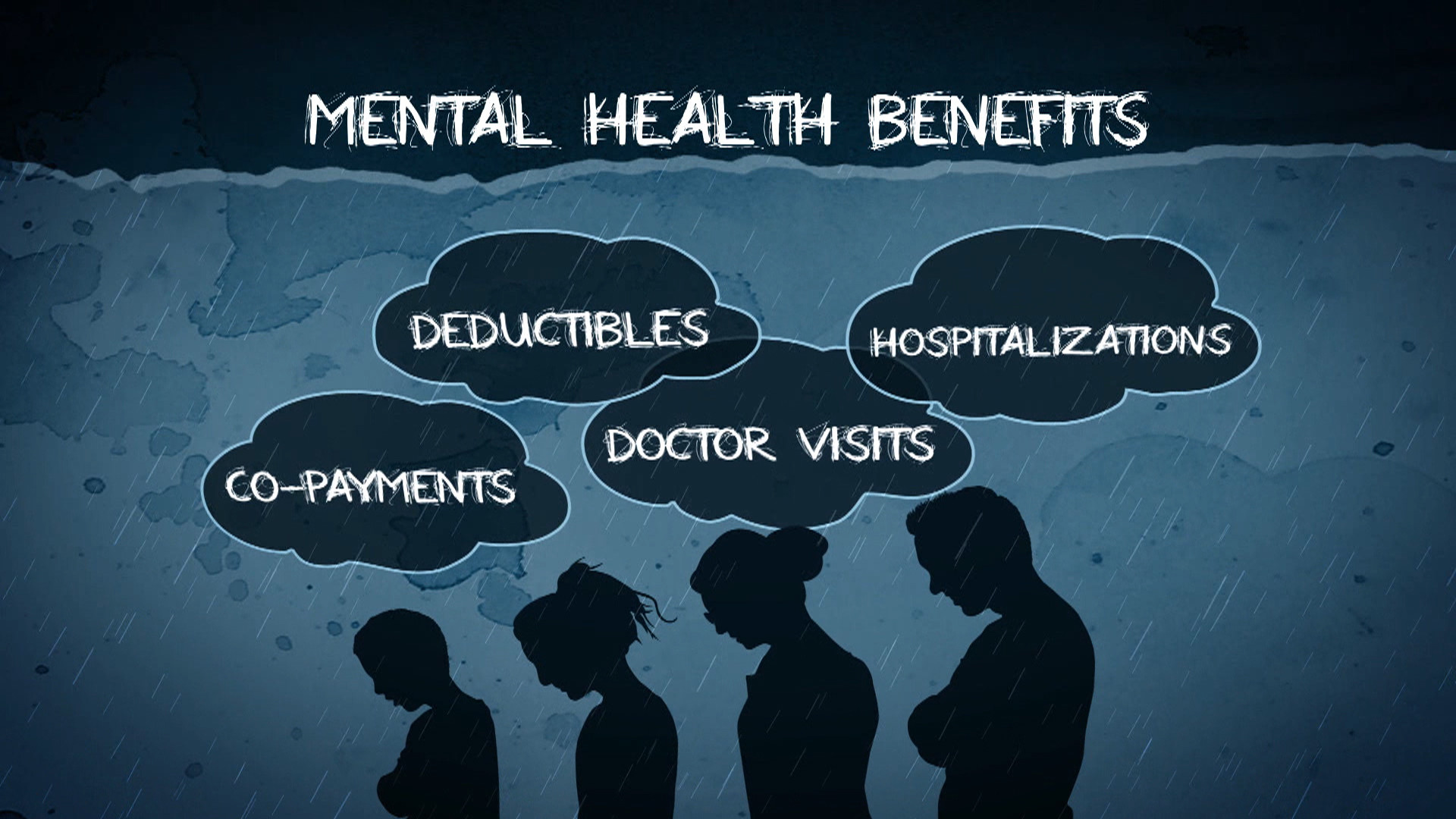Breaking the Chains: A Journey Through Counseling and Therapy for Depression and Addiction


Welcome to a transformative journey through the realms of counseling and therapy, where the threads of depression and addiction are delicately untangled to pave the way for healing and restoration. In the labyrinth of mental health challenges, seeking support through counseling and therapy offers a beacon of hope amidst the shadows that often shroud those wrestling with these complex issues. Depression and addiction can cast long shadows over one’s life, dimming the light of joy and drowning the spirit in despair, but through the guidance and expertise of trained professionals, a path to wellness emerges.
The Role of Counseling in Addressing Depression and Addiction
Counseling plays a crucial role in helping individuals navigate the complexities of depression and addiction. Through counseling sessions, individuals are provided with a safe space to explore their thoughts, emotions, and behaviors, unraveling the underlying issues contributing to their mental health challenges.
Therapists utilize a variety of techniques to support clients in developing coping strategies and building resilience to effectively manage their symptoms. By fostering a collaborative and trusting relationship, counseling enables individuals to gain insight into their patterns of thinking and behavior, empowering them to make positive changes in their lives.
Moreover, counseling serves as a valuable resource for individuals struggling with addiction by offering a non-judgmental and supportive environment for exploring the root causes of their substance abuse. Therapists work with clients to identify triggers, develop relapse prevention strategies, and build a strong support network to aid in their recovery journey.
Different Approaches to Therapy for Depression and Addiction
One approach to therapy for depression and addiction is cognitive behavioral therapy (CBT). CBT focuses on identifying and changing negative thought patterns and behaviors that contribute to depression and addiction. By helping individuals develop healthier coping strategies and challenging distorted thinking, CBT can be effective in addressing both mental health issues.
Another approach is dialectical behavior therapy (DBT), which combines elements of CBT with techniques such as mindfulness and distress tolerance. DBT aims to help individuals regulate their emotions, improve interpersonal relationships, and develop skills to manage cravings and impulses related to addiction. This comprehensive approach can be beneficial for individuals dealing with both depression and addiction.
A third approach is psychodynamic therapy, which explores how past experiences and unconscious conflicts influence current behavior. By delving into deeper emotional issues and exploring underlying psychological dynamics, psychodynamic therapy can provide valuable insights into the root causes of depression and addiction. This more introspective approach can be especially helpful for individuals seeking a deeper understanding of their struggles.
When struggling with issues like depression and addiction, seeking help can be daunting. Many individuals face internal barriers that prevent them from reaching out for counseling and therapy. Feelings of shame, denial, and fear of judgment often serve as obstacles to taking that first step towards healing. These emotions can create a sense of isolation and hopelessness, making it challenging to open up to others about their struggles.
One common barrier is the stigma surrounding mental health and addiction issues. Society’s misconceptions and negative attitudes towards seeking professional help can discourage individuals from acknowledging their need for counseling and therapy. Overcoming this stigma requires a shift in perspective, recognizing that reaching out for support is a sign of strength rather than weakness. By challenging societal norms and advocating for mental health awareness, individuals can break free from the shackles of shame and stigma.
Another obstacle to seeking help is the fear of vulnerability. Many individuals hesitate to confront their emotions and past traumas, fearing that it will make them appear weak. However, true strength lies in acknowledging one’s vulnerabilities and taking proactive steps towards healing. Embracing vulnerability in the therapeutic process can lead to profound growth and self-discovery. By letting go of fear and allowing themselves to be vulnerable, individuals can pave the way for lasting healing and transformation.